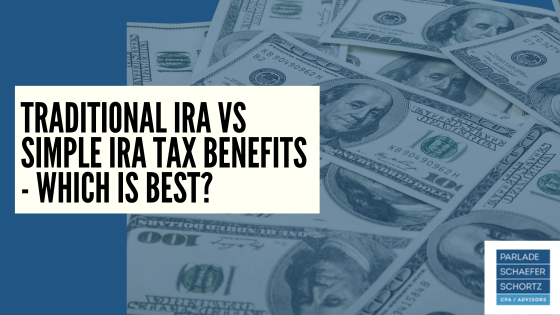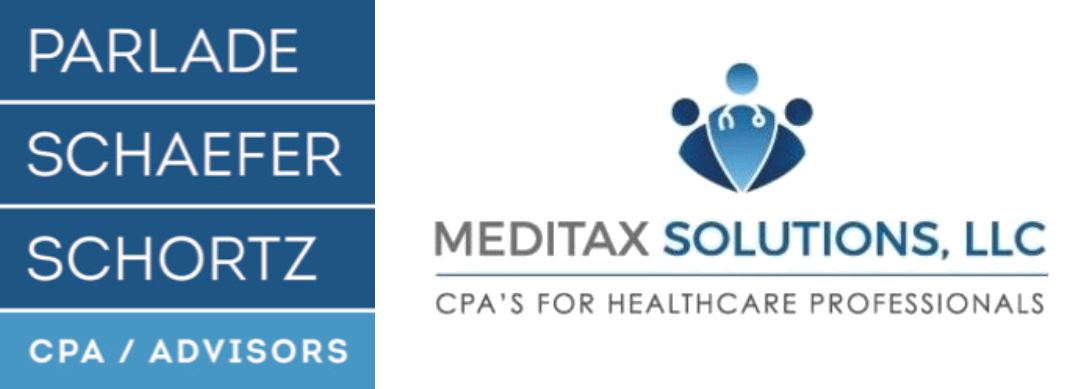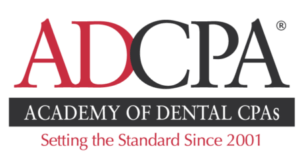Unlocking Real Estate Investing for Dentists
Are you a dentist with dreams of diving into the world of real estate investment? Feel unsure of where to begin? Much like your dental education, your journey into real estate can benefit from structured learning and guidance. Real estate investing is vast, with numerous opportunities. Let's explore different types of real estate investments and guide you on where to find mentors and local experts in your area to maximize your success.
Real estate investing offers a compelling route to early retirement for many professionals, including dentists. However, like any new venture, it comes with a learning curve. Consider finding a knowledgeable mentor and building connections within the industry. These steps will help you learn quickly and transition more smoothly into finding quality real estate investments.
Is Becoming a Realtor a Wise First Step?
One question often asked is whether becoming a real estate agent is a good starting point for aspiring investors. Becoming an agent will give you one aspect of handling real estate, but it also largely depends on the type of investor you want to be, passive or active? Are you interested in commercial or residential? Do you want to own rentals or flip houses? Depending on your answers, an agent may or may not be your best path forward.
Find individuals that are most closely aligned with your goals to learn from. It is surprising how many people love to share their stories and pass on their knowledge if you simply invite them to a cup of coffee.
Most areas have chapters of local real estate experts, compromising professionals from property managers, developers, commercial and residential investors, escrow officers, and real estate agents. It's a wealth of knowledge.
These groups gather to share ideas, insights, and expertise, making them valuable resources for finding mentors and seeking answers to your investment questions relevant to the area you are in and the current economy.
When it comes to real estate investment, there are diverse routes to consider, depending on your interests and goals. The key is to find your niche and follow your passion. You might aspire to be a partial investor in large commercial deals, own apartment complexes, or flip property. Each path has its unique appeal, and your enthusiasm will drive your success.
Understanding Your Investment Options
If the idea of property flipping properties appeals to you, consider building a network of essential team members, including contractors, inspectors, and lenders. These connections are foundational and necessary in order to become successful.
Some dentists believe that becoming a real estate agent is a viable option. This route allows you to connect with professionals who can support your investment endeavors. However, it's essential to note that selling homes doesn't necessarily equate to successful investing.
For those seeking a less hands-on role, passive real estate investments like Real Estate Investment Trusts (REITs),
Delaware Statutory Trusts (DSTs), or syndications might be more appealing. Finding your local real estate chapter is an excellent way to meet individuals engaged in these types of investments.
It's crucial to choose an option that aligns with your interests and is enjoyable to learn about. If the subject doesn't captivate your interest, success may remain elusive, even if the potential returns are promising.
Connecting with Local Experts and Mentors
To locate local real estate groups, use social media platforms like Facebook. Join local real estate groups and inquire about meetups. If there aren't any scheduled, consider initiating one yourself. You'd be surprised at the positive response you may receive.
The real estate profession, like dentistry, can sometimes feel isolating. Creating networking opportunities can be immensely rewarding, and you'll discover how many like-minded individuals are eager to connect.
Having a seasoned mentor by your side can significantly accelerate your progress. With the right guidance and the power of networking, you'll be on your way to building a prosperous real estate portfolio that complements your dental career. Remember that being successful at real estate investing is not only about financial gains, but also enjoying the journey.
We here at Parlade, Schaefer, and Schortz specialize in real estate, financial wealth planning, tax services and focus on meeting the unique needs of healthcare professionals; if you have any questions, please
give us a call.






